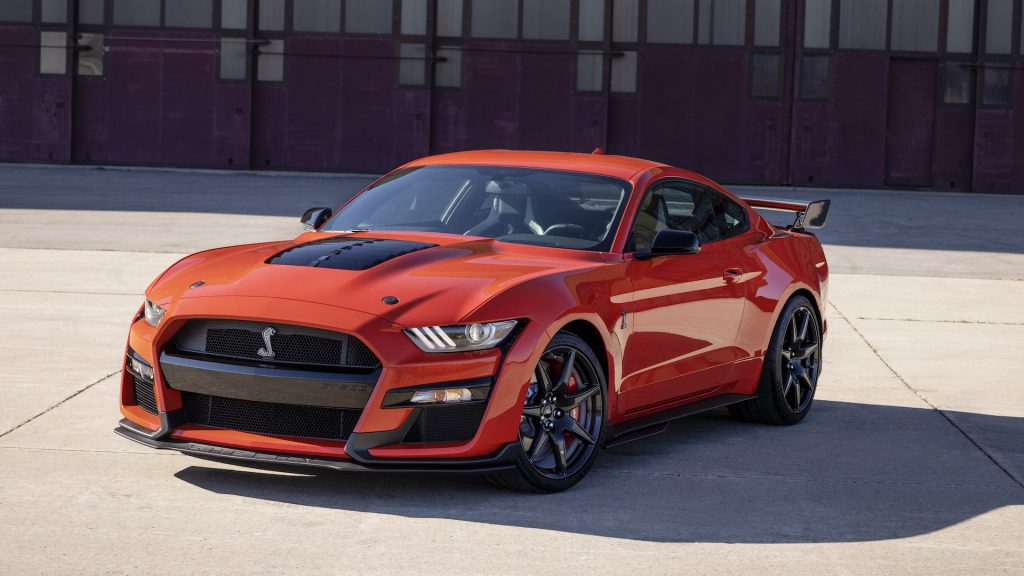News Blast: Your Daily Update
Stay informed with the latest news and trends.
Need for Speed: The Allure of Sports Cars
Discover the thrill of sports cars and why they captivate enthusiasts worldwide. Rev up your passion for speed today!
The Psychology Behind the Love for Sports Cars
The psychology behind the love for sports cars is deeply rooted in human nature. For many, these vehicles represent not only speed but also freedom and power. Owning a sports car often invokes feelings of prestige and accomplishment, leading enthusiasts to associate these machines with success and social status. This emotional connection can create a strong desire to possess a high-performance car, as it becomes a symbol of one's identity and aspirations.
Furthermore, the thrill of driving a sports car taps into the psychological need for stimulation and excitement. The adrenaline rush experienced when accelerating and maneuvering through twists and turns elicits a sense of joy that is hard to replicate in everyday life. According to the psychology of desire, these feelings can drive individuals to pursue sports cars not just for practicality, but as a means of enhancing their overall happiness and fulfillment.

Top 10 Iconic Sports Cars That Redefined Speed
The world of automobile engineering has seen numerous transformations, but few have made as significant an impact as the iconic sports cars that have redefined speed. These vehicles not only emphasize performance but also embody art and innovation in design. From the classic Ferrari 250 GTO to the formidable Porsche 911, each car on this list has contributed to the evolution of automotive excellence. Here are the Top 10 Iconic Sports Cars that have left an indelible mark on the racing world:
- Ferrari 250 GTO - Known for its stunning design and racing pedigree.
- Porsche 911 - A symbol of engineering brilliance with decades-long heritage.
- Lamborghini Miura - The first supercar that combined beauty with unmatched speed.
- McLaren F1 - Often dubbed the greatest car ever made for its performance.
- Bugatti Veyron - Revolutionized the hypercar segment with its power and speed.
- Ford GT40 - An American classic that dominated Le Mans in the 1960s.
- Chevrolet Corvette - The enduring icon of American sports cars since the 1950s.
- Jaguar E-Type - Praised for its stunning looks and impressive performance.
- Aston Martin DB5 - The quintessential luxury sports car, made famous by James Bond.
- Honda NSX - A game-changer that brought supercar performance within reach of the everyday driver.
What Makes a Sports Car Truly Legendary?
When discussing what makes a sports car truly legendary, one must consider the fusion of engineering excellence and timeless design. A legendary sports car often embodies performance attributes that set it apart from the competition. This includes powerful engines that deliver exhilarating speed, precise handling that allows drivers to feel every curve of the road, and a lightweight chassis that enhances agility. Moreover, the design plays a pivotal role; iconic silhouettes and innovative aerodynamics not only turn heads but also contribute to the car's overall performance.
Another key aspect of a legendary sports car is its rich heritage and the stories behind its creation. Brands that have consistently pushed the boundaries of technology and craftsmanship, such as Ferrari, Porsche, and Lamborghini, often become synonymous with true automotive artistry. Racing pedigree also adds to a vehicle's lore, as cars that excel in motorsports are seen as more prestigious. Ultimately, a sports car achieves legendary status when it captures the imagination of enthusiasts and stands as a symbol of passion, innovation, and the relentless pursuit of speed.